-
Post-Pandemic Social Anxiety: Simple Steps To Start Living Again After Covid
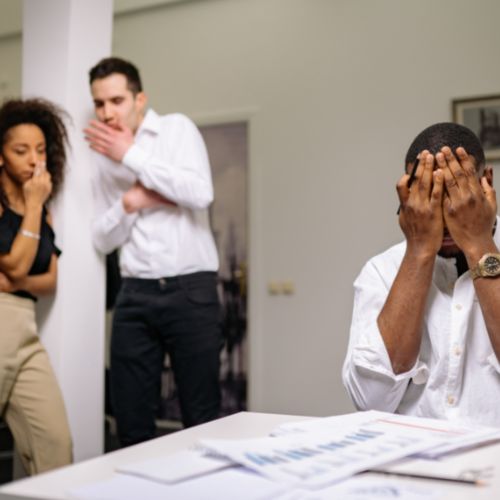
My colleagues and I have noticed a dramatic increase in anxiety and anxiety-related disorders over the past two pandemic years. While apprehension is a typical response during times of strife, as we return to more normal lives, many people have been caught off-guard to realize how uncomfortable they now are in social situations – especially if they were never fearful before.
-
Covid Stress And The Pandemic’s Effects On Society: A Psychologist’s Observations
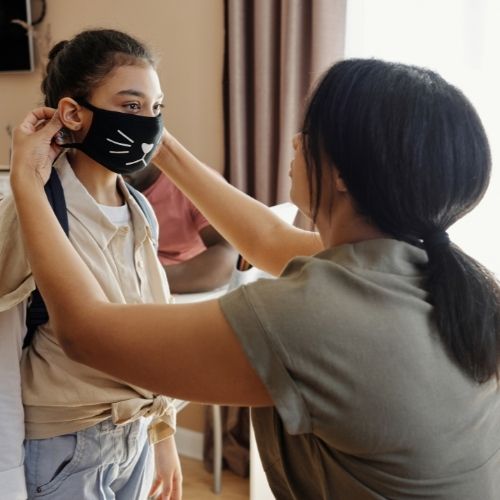
As a psychologist who treats anxiety daily, I’ve been in a unique position during the pandemic. I can distinctly see the difference the last two years have had on individuals, families, and society in general.
-
An Omicron Infection Is Not A Failure

For nearly two years, the country has tried their best to dodge the coronavirus. We have submitted to lockdowns, hidden ourselves away at home, and shunned gatherings with friends and family. When vaccines rolled out last year, many Americans lined up to get the jab. Millions more have gotten a booster and vaccinated their children as soon as they were eligible. Despite our vigilance, the Omicron variant is ripping through the country, infecting both the vaccinated and unvaccinated in record numbers. After being so careful for so long, how have we failed to stay safe?
-
It’s All About Trauma
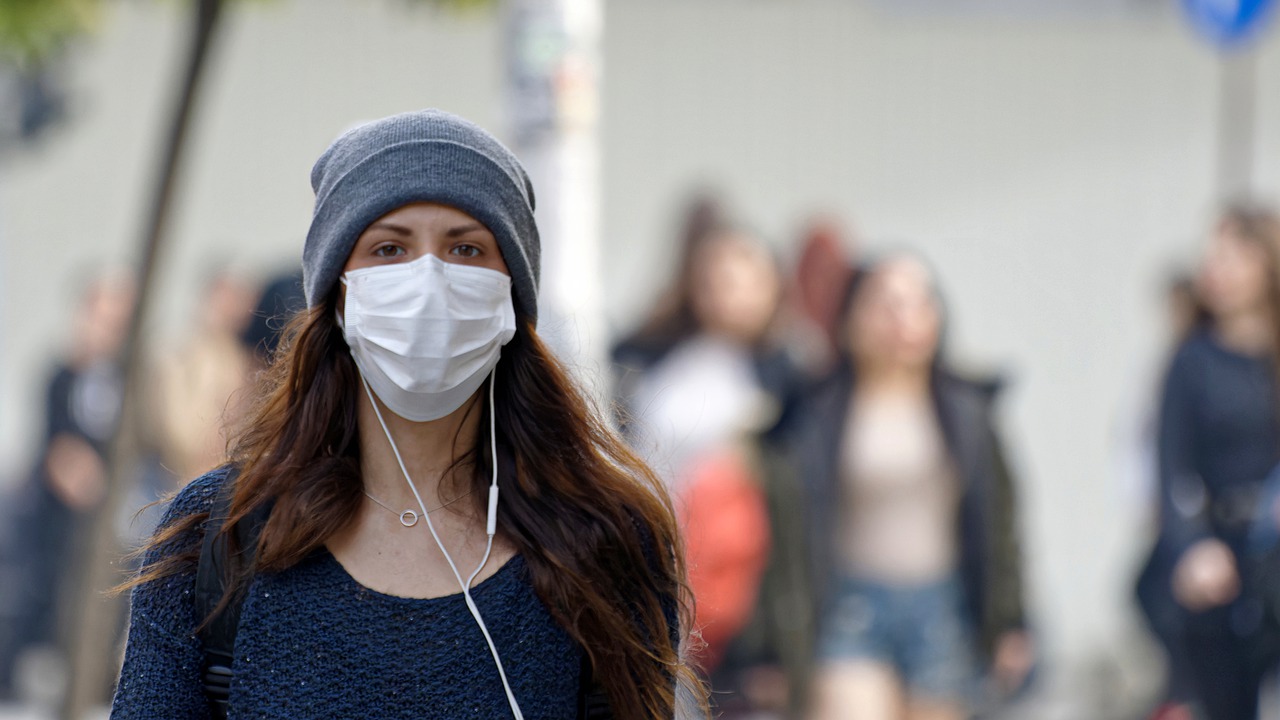
“Now is the winter of our discontent,” a speech by Shakespeare in Richard III says it all as we muddle through the beginnings of a third year of this pandemic. This horrendous experience has taken a toll on all of us. David Brooks in his op-ed in the NY Times (America Is Falling Apart at the Seams, NYT, Jan 14, 2022) comments on the current misbehavior of Americans. He describes the angry outbursts noted on commercial airline flights, in retail establishments, as reflected in highway fatalities, suicides and homicide rates or even evident in members of Congress. He identifies the usual suspects including the pandemic, politics, media, Facebook/Twitter/Instagram et al.
-
Does Anxiety Get Better With Age?
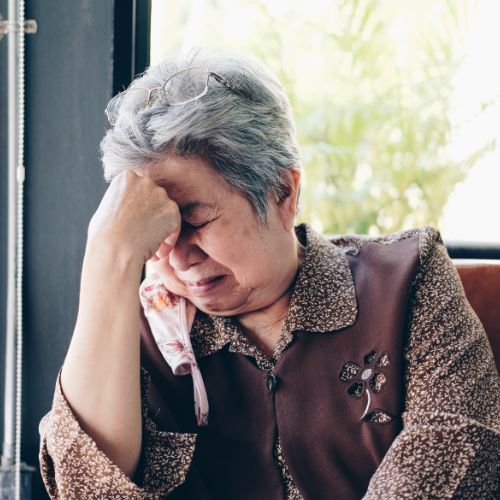
It’s no secret that the elderly population is the fastest growing age group in the United States. In fact, there are now approximately 76 million baby boomers in the United States and that number is increasing daily. While some things get better with age (think of fine wines), will aging affect mood disorders? Does anxiety get better with age?
-
Eric Spinner, Psy.D – Consult The Expert On Eating Disorders
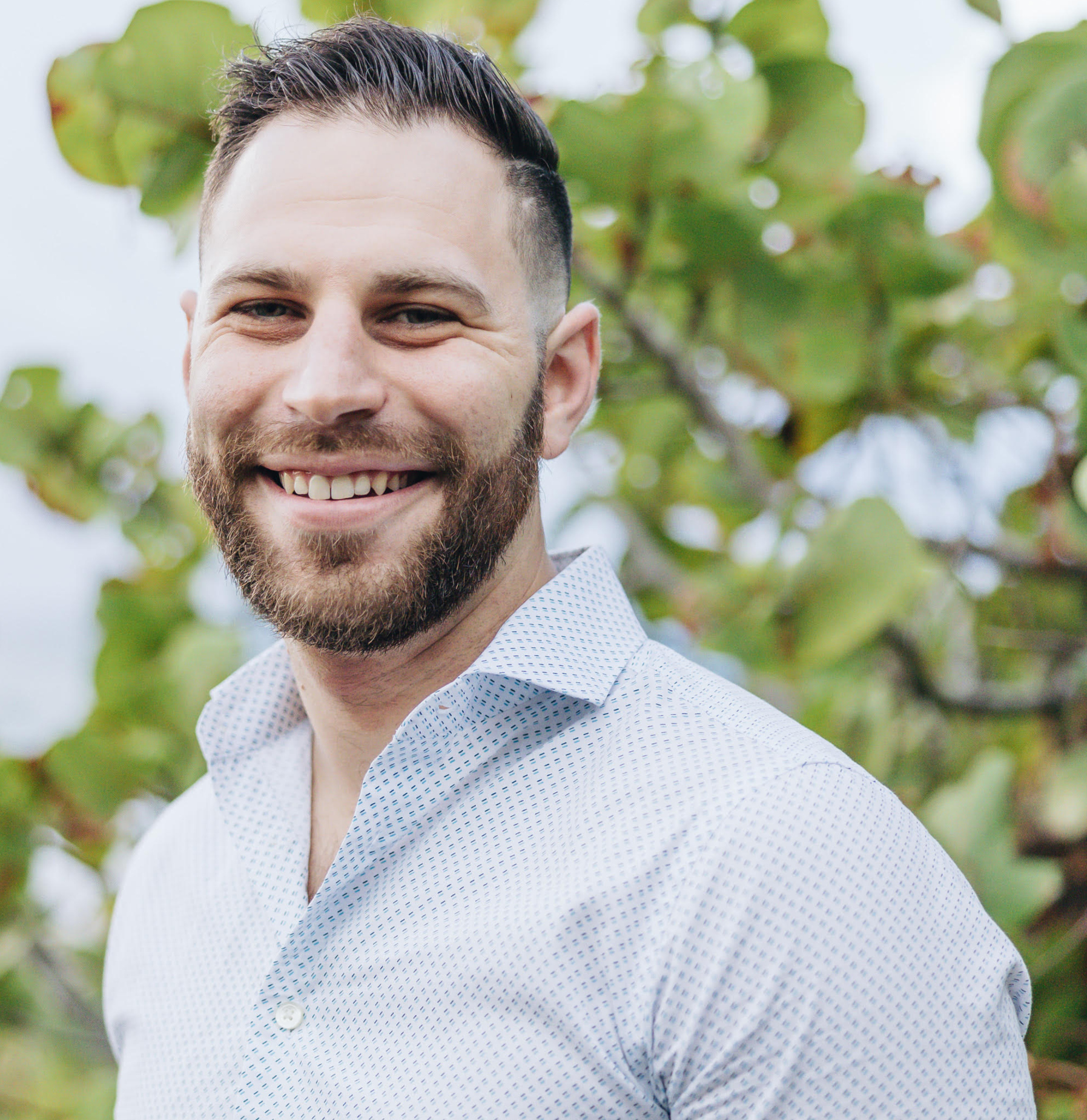
-
Bump or monkeypox, cough or COVID-19: Am I seriously sick or am I living in 2022?
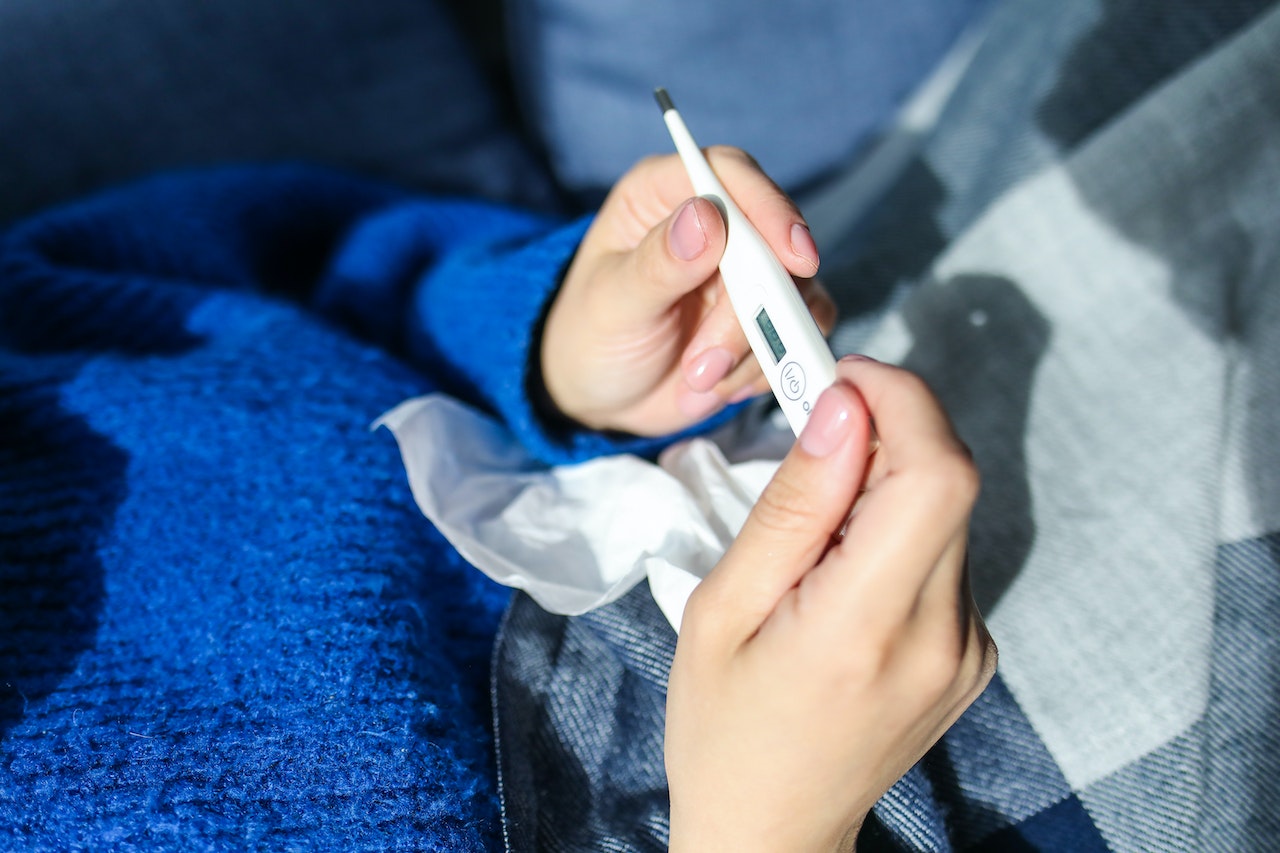
Fever, chills, bumps, rashes, sore throat, sniffles, headache, oh my – could having any of these symptoms mean you might be seriously ill?
-
College Students: Why Are We Seeing an Increase in Psychological Disorders?
What could explain why the numbers associated with psychological disorders among college students have risen so greatly over recent years?
-
Eating Disorders: The Hidden Problem of College Students
For a freshman student, the start of college may cause some phase of life adjustment anxiety. Focusing their energy on their eating and weight can often be a way to gain the control that they can’t find in other aspects of their lives.
-
Separation Anxiety and School Refusal
The beginning of a new school year can be a threat to some children, resulting in elevated anxiety levels and possible school-related disorders, such as separation anxiety disorder and school refusal.